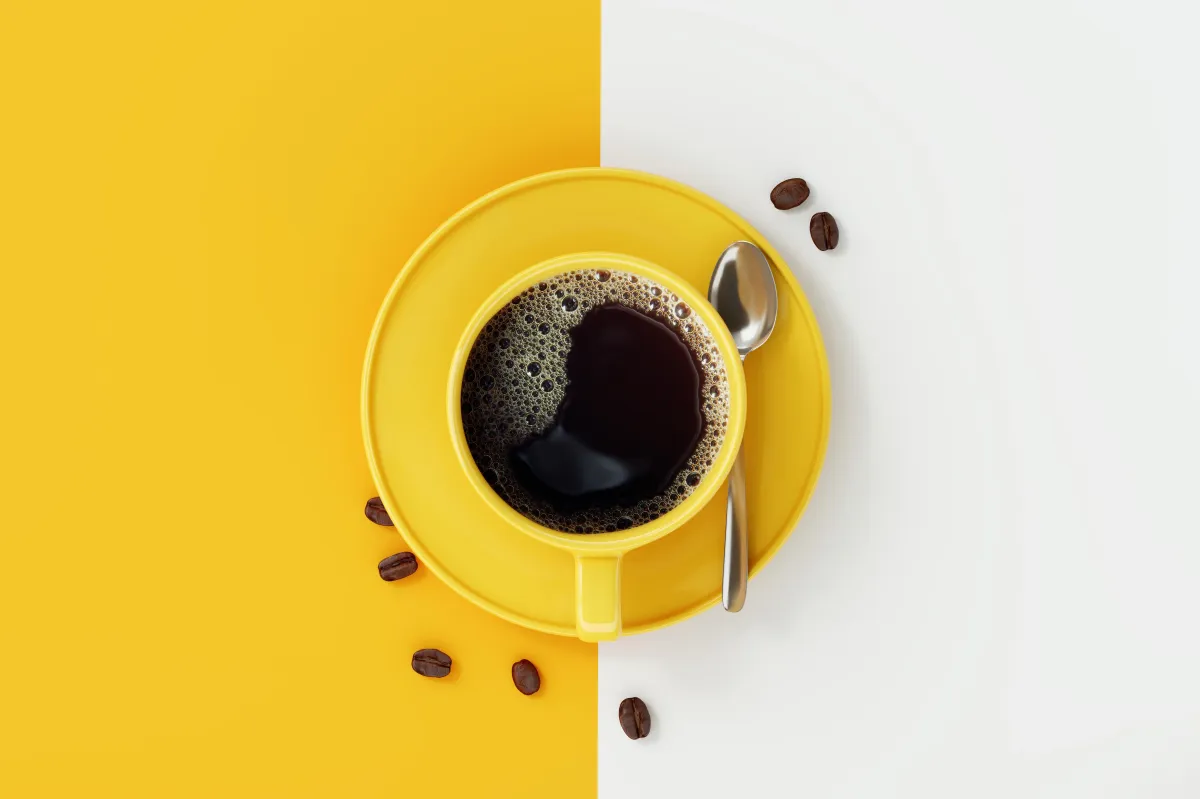Blog
Inspiration In Every Post

Sleep Loss and Caffeine (Part 3)
I spent many nights in college eating pizza and drinking Mountain Dew past midnight. I thought about the pick-up window and quick caffeine pick-me-ups. I was in my 20s not thinking too much about the effects of alcohol, late-night pizza, sugar, and caffeine affected my sleep.
It wasn't until many years later, when I became a brain health coach, that I realized that great sleep is one of the most important things you can do for your mental and physical health.

Sleep is the foundation of brain health and mental wellness.
The brain is very active during sleep, primarily cleaning itself. Fluid washes over the brain to clean out the neural trash that builds up from the day.
Think of sleep as a garbage truck pickup for your brain. If the daily trash overflows, you become a mess from sleep deprivation.
When you don’t sleep, even 1 less hour of sleep than what you need, it’s an overflow of mental garbage that has significant implications for your mental and physical health, including dementia, weight gain, and distractibility, to name a few.
According to the American Sleep Association, getting 7+ hours of quality sleep is vital for your brain; however, an estimated 35.3% of adults report getting less than 7 hours of sleep per night.
Our Need For Sleep
Sleeping in is not “lazy” or unproductive. Sleep is a biological need like food, water, and air. Sleep is critical for everyone.
Most people are unaware that what they eat and drink affects their sleep. Below I'll explain how what we eat and drink affects our daily life and sleep.
Do you start your morning off with a cup of coffee? I know I sure do! I can't wake up without it. I would drink it all day until I learned about caffeine's half-life of six hours.
Did you know that the average cup of coffee has 200 milligrams (mg) of caffeine?
Six hours later, 100 milligrams (mg) of coffee is still in your body. If you drink a cup of coffee at 9 am with 200 milligrams (mg) of caffeine, you will still have 100 milligrams in your body 6 hours later at 3 pm. At 9 pm, your body will still have 50 milligrams left. That's we mean by half-life - the rate your body gets rid of a substance.
Can you sleep with caffeine?
You may fall asleep without a problem, but if sleep probes were attached to your head, the sleep data would show the implications of caffeine consumed late in the day on your quality of sleep. Although your body may have less caffeine in the late afternoon, it can still be enough to hurt your mental wellness due to not getting quality, restorative sleep.
What about what you eat and when you eat it? In college, I didn't know that my midnight eating activated my autonomous nervous system, which controls the fight-or-flight response, digestion, and heart rate. The deep healing restorative stages of sleep happen in the first half of the night, and if digestion is going on, it plummets the time you spend in deep sleep and decreases your readiness for the next day. It's like you are living half-charged. Take it Easy Today is the message I wake up to now on my sleep tracking device called an Oura ring. My overall readiness might be good but my resting heart rate lowered late at night signaling my digestive system working too late into the night. Dang, that pizza!
Sleep is where you lose weight!
If you have sleep issues, you may also have weight issues.

When you get poor sleep, your hunger hormone, leptin, cannot correctly regulate your appetite, signaling hunger. Research has shown this misfire equals sweet cravings going up 40% and 900 unneeded eaten calories per day!
What you eat and drink can also trigger a 3 am wake-up and the racing thoughts preventing you from getting back to sleep. Gaba is a natural way to calm your brain waves and help act as the biochemical "brakes" your brain needs to slow down your anxious or fretful thoughts. Women's natural production of Gaba declines as we age, making middle-of-the-night to-do lists common.
Untreated sleep apnea also disrupts the process of getting restorative sleep and could be the root cause of weight gain. And on the flip side, weight gain itself could be the trigger in developing sleep apnea.
Sleep issues and weight issues are often related.
How do you feel when you wake up the following day after eating late the night before? Refreshed? Groggy?
Take a moment to think about the other factors. For example, food activates your brain and digestion preventing you from getting good restorative sleep. Take note of your habits and daily rhythms. The rate you're snacking, amount of exercise and movement, times you eat food, time you normally go to bed, how late you are on a screen.
What to do about it?
A sleep doctor will say to avoid a heavy meal within 4 hours of bedtime. I know that is challenging for me. I notice a big difference in two and a half hours, so that is what I aim for daily. On the days I go to bed on an empty stomach, my sleep scores rejoice and tell me I am Ready and Recharged.
What you can do to make sure you're getting the best sleep.
Try to put the coffee down around 1 pm. Or how about 3 pm? What's a micro-step you can take? The brain favors small steps.
Passing on the caffeine in the afternoon may be difficult, but your sleep quality and tomorrow's focus, energy, and calm mood will thank you.
Replace caffeine with brain-boosting drinks such as decaffeinated teas, spices, and mushroom powders.
I'm a big fan of Lion's Mane mushroom powder with cacao powder for the brain. Cacao is where chocolate is made from, so it has caffeine and is best to drink early in the day. I mix hot water with the two powders, cinnamon, and protein powder, into a delicious masterpiece.
It's my favorite late-morning drink that resembles coffee and has a mental punch.
Cacao is the tree chocolate is made from. The chocolate-like powder is a super brain-boosting drink ingredient for cognition, attention, brain processing speed, and memory.
Green tea is a good alternative and incredibly effective for its focus-boosting ingredients of l-theanine. Green tea comes in decaf and is an excellent option for the afternoons.
Conclusions on caffeine
The key takeaway is your sleep quality is important. Passing on the caffeine in the afternoon and the late-night meals might be difficult, but your sleep quality and tomorrow's mood and focus will thank you.
For those getting started or who may want additional information, I suggest you get clear on what might be hurting your sleep. Caffeine and last night's eating are only two of many reasons why you might be sleep deprived.
The below checklist can help support your best sleep quality by identifying what may be negatively impacting your sleep quality.
If you didn't read Part 2 you can read that HERE
Part 1 can be read HERE
Click here to download your copy of the Sleep Disrupters Checklist.
©brain health coach | ALL RIGHTS RESERVED | Privacy | TERMS & CONDITIONS

